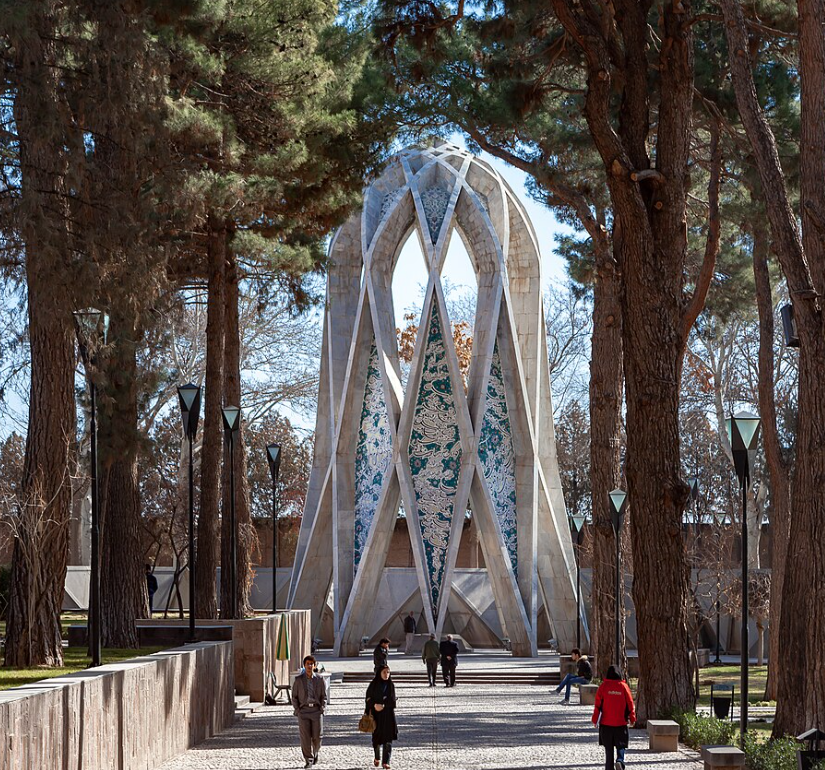March 28,2025
Iran has a massive surge in executions underway that will make the total this Western year surpass 1,000 if it continues at this pace, the UN special rapporteur on human rights in Iran, Mai Sato, has warned.
Iran executed at least 169 people in January and February alone, according to Sato.
“I am very concerned about the rapid rise in the number of executions, especially just in the last two months,” Sato told IranWire in an interview following her presentation to the UN Human Rights Council.
“Looking at the past years’ patterns, January and February are [normally] quiet months, but we’ve already identified at least 169 executions,” she said.
Ali Bahreini, the Islamic Republic’s representative to the United Nations, entered the Human Rights Council chamber after the UN Special Rapporteur and the fact-finding committee presented their reports.
Reading from a prepared text, he dismissed human rights reports as “ridiculous” and fabricated by “global arrogance” before leaving the hall.
In her report, Sato focused on four key issues: the rapid increase in executions; violations of the rights of ethnic groups and religious minorities; lack of transparency; and harassment and failure to respect the basic rights of activists and journalists in detention.
Sato said the Islamic Republic’s engagement with the Special Rapporteur is better compared to many other countries. “In terms of many country mandate holders, some engage more than others. And in my view, the Islamic Republic of Iran engages a lot more than some of the other country mandate holders,” she said.
There are 14 such “mandate holders” who follow human rights issues in 14 countries with troubled human rights records—Syria; Somalia; Russia; Occupied Palestine; Myanmar; Mali; Iran; Eritrea; North Korea; the Central African Republic; Cambodia; Burundi; Belarus; and Afghanistan.
“Some wouldn’t show up in the interactive dialogue. They [Iran] were there, you know, took the floor. I don’t really expect—I’m seven months into my position and I think having a country mandate can be extremely uncomfortable.
“No government will be opening their arms to welcome me. So, in some sense, I appreciate that they were there. What I would have liked is a little bit more substantive engagement with the content of the report,” she added.
Sato’s first report says that with 900 recorded executions in Iran in 2024, Iran has become the world’s largest user of the death penalty after China, though, in terms of the resort to execution as a proportion of the population, Iran ranks first..
According to her report, half of the executions are related to drug offenses, followed by murder, and then national security crimes.
The Special Rapporteur expresses grave concern over the imposition of the death sentence on child offenders, as illustrated by the case of Mohammadreza Azizi. He was sentenced to death for a fatal stabbing committed when he was 17 years old.
Although his execution had been scheduled for last October 21, it has been postponed by ongoing efforts to persuade the victim’s parents to accept blood money instead.
Regarding women, she said, “I think we need to look more deeply into the legal structures, policies and practices. In my report, I flag different laws for men and women in terms of marriage, divorce, access to inheritance, even for women to receive access to travel.”
She added, “I also write in the report about women subject to the death penalty and also femicide cases. And the point that I want to flag there is that whether you’re a woman sentenced to the death penalty or a victim of femicide, they both share very similar stories.”

























